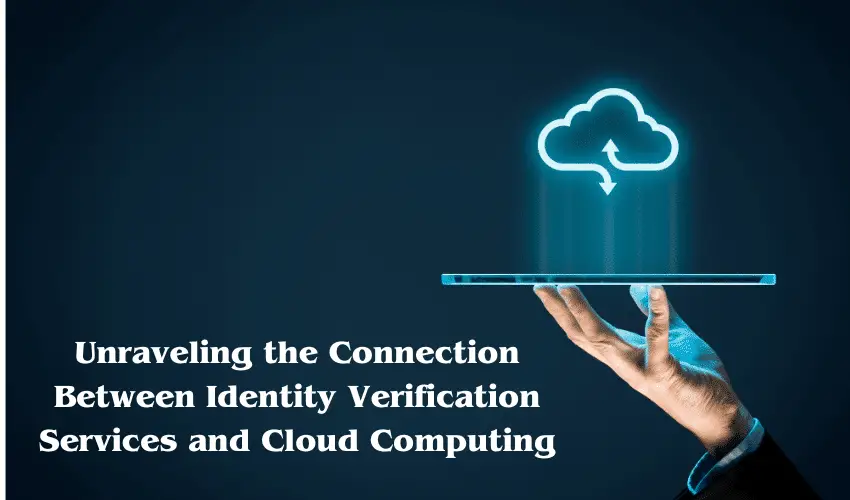The rapid evolution of technology has given birth to a wide range of services that aim to streamline business operations and heighten security. In the heart of this digital transformation are identity verification services and cloud computing, two seemingly distinct concepts that, when combined, can deliver robust security solutions for businesses of all types and sizes.
Identity Verification Services: A Brief Overview
Identity verification services are processes used to confirm a user's identity. This is crucial for businesses to mitigate risks such as identity fraud and data breaches. It entails validating a user's provided personal information against secure, reliable data sources. As cyber threats become increasingly sophisticated, identity verification services are evolving, adopting advanced techniques such as biometric analysis, facial recognition, and AI algorithms to ensure maximum security. To explore how modern identity verification services, including ID document verification, are shaping the security landscape, you can refer to the insightful resource available at https://microblink.com/
The Power of Cloud Computing
Cloud computing, on the other hand, refers to the delivery of various services over the Internet, including data storage, servers, software, and analytics. It offers flexibility, scalability, and cost-effectiveness, making it an essential component for businesses eager to leverage digital solutions for growth and efficiency.
The Convergence of Identity Verification Services and Cloud Computing
Now, let's explore how these two technologies intersect and the value they can bring to businesses.
Enhanced Security
Identity verification services can use cloud computing to store and process large volumes of data more securely. Cloud providers invest significantly in security measures, from encryption methods to firewalls and intrusion detection systems. Integrating identity verification services with cloud computing can therefore leverage this high-level security infrastructure to protect sensitive user data.
Scalability and Flexibility
Cloud computing offers scalability, allowing businesses to scale up or down their identity verification services based on demand. This is especially useful for businesses with fluctuating needs. The cloud-based model also offers flexibility, as businesses can access identity verification services anytime, anywhere, provided they have an internet connection.
Cost-Effectiveness
By using cloud-based identity verification services, businesses can save significantly on costs. They eliminate the need for expensive hardware, software, and maintenance expenses that come with an on-premises setup. Instead, they pay for what they use, making it a cost-effective solution for businesses of all sizes.
Speed and Efficiency
Cloud-based identity verification services can process vast amounts of data quickly and efficiently. This speed and efficiency are crucial in today's fast-paced business environment, where delays in identity verification can lead to lost customers and missed opportunities.
Overcoming Challenges
While the integration of identity verification services and cloud computing brings numerous benefits, it's not without challenges. Concerns about data privacy, regulatory compliance, and vendor lock-in need addressing. To overcome these challenges, businesses should partner with reputable cloud service providers, implement robust security measures, and stay up-to-date with regulations in their industry and region.
The Future of Identity Verification Services and Cloud Computing
As technology continues to advance, the intersection between identity verification services and cloud computing is expected to grow. We are likely to see more advanced features such as AI and machine learning being incorporated into identity verification services, making them more efficient, secure, and reliable.
In a world where cyber threats are evolving rapidly, the marriage of identity verification services and cloud computing presents a promising solution. It combines the robust security features of identity verification with the flexibility, scalability, and cost-effectiveness of cloud computing.
In Conclusion
In today's digital age, identity verification services and cloud computing are no longer optional for businesses – they are necessities. The fusion of these two technologies offers an opportunity for businesses to enhance their security, improve operational efficiency, and gain a competitive edge.
Businesses that embrace this integration are well-positioned to navigate the challenges of the digital landscape and secure a promising future. After all, in an era where data is a valuable asset, businesses that can verify identities and secure data efficiently and cost-effectively will stand out from the crowd.
We are giving you exclusive deals to try Linux Servers for free with 100$ credit, check these links to claim your 100$,
DigitalOcean - 100$ free credit & Linode - 100$ free credit
Check some Exclusive Deals, HERE.
Also, check out DevOps Book You should read section.
